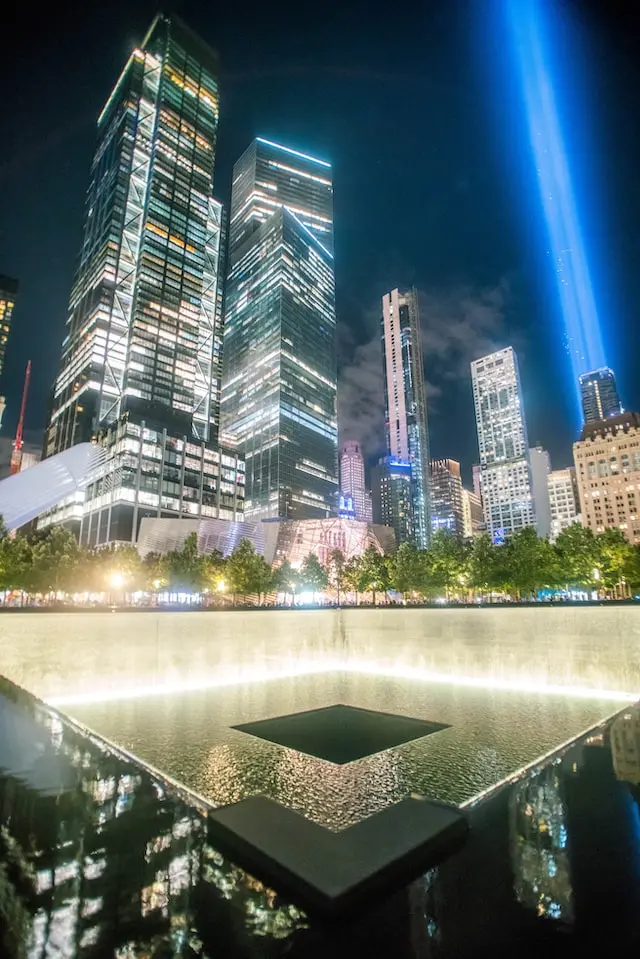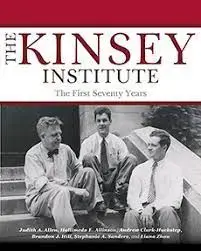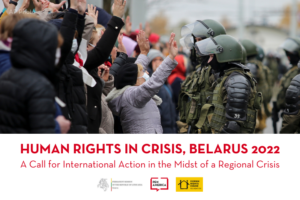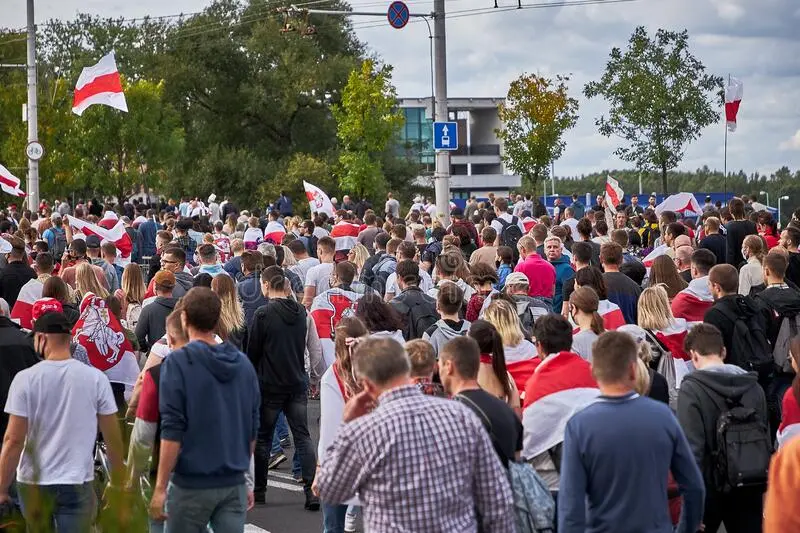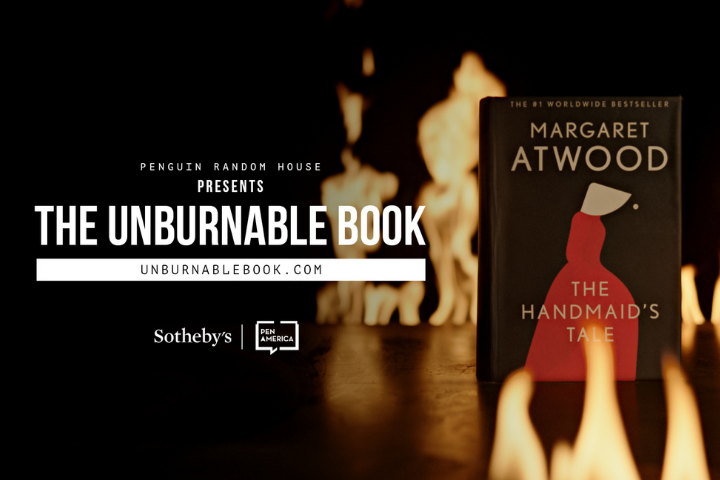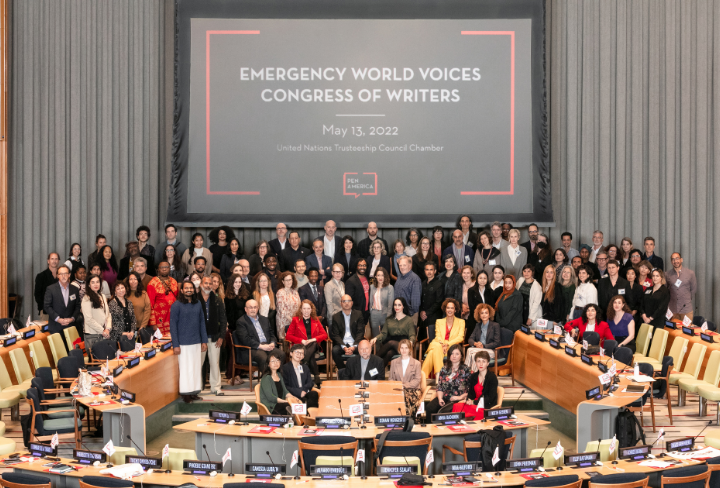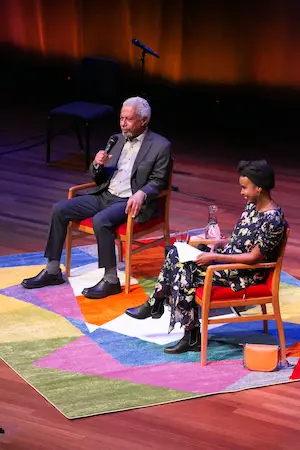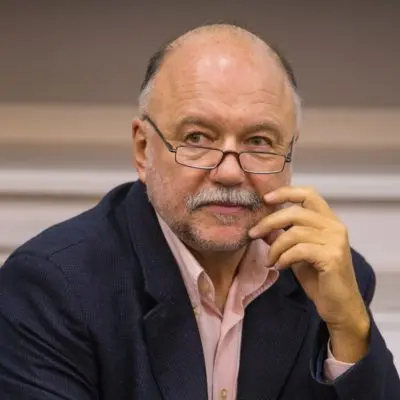In the first days of the Russian invasion of Ukraine, a missile struck the Ivankiv local history museum, setting it on fire. It was the only building in the village to be struck. The Mariupol Drama Theatre was sheltering hundreds of civilians, including children, when Russian aircraft dropped two bombs on it in March 2022. Amid that rubble and death is a stark casualty: Ukrainian culture, identity, and heritage.
PEN America and PEN Ukraine’s new report, Ukrainian Culture Under Attack: Erasure of Ukrainian Culture in Russia’s War Against Ukraine, gathered evidence of intentional and indiscriminate attacks on Ukraine’s cultural infrastructure, in cities and rural areas. The report is damning, undeniable evidence of a concerted campaign of erasure. Hundreds of cultural buildings, monuments, and places of worship have been destroyed. Museums looted. Language suppressed. Books destroyed. Poets, writers, journalists, and translators detained, tortured, and killed. Preserved cultural heritage sites uprooted.
The report makes clear that culture is not collateral damage in the war against Ukraine: it’s a target, a central pillar of Russian President Vladimir Putin’s justification for the war. Putin has repeatedly claimed that Ukrainian culture and language simply don’t exist. By targeting art museums, music halls, libraries, theaters, and historical sites, he attempts to make it so.
Over the last three centuries, Russian Tsars and Soviet leaders have tried repeatedly to deny and eliminate Ukrainian culture – banning Ukrainian publications, prohibiting cultural societies, and exiling or imprisoning public intellectuals. Even this latest assault did not begin in February 2022 when the bombs began to drop, but eight years earlier with the illegal occupation of parts of Eastern Ukraine. Russian occupying authorities followed the same playbook, harassing and threatening writers and artists, quashing the use of Ukrainian and Tatar languages in schools and in the media, and damaging important cultural heritage sites.
Oleksandra Yakubenko, currently working on PEN America’s efforts to support Ukrainian artists at risk, explained how her Ukrainian identity was “reawakened” in 2014 in the aftermath of the Maidan Revolution that ousted President Viktor Yanukovych—what Ukrainians call the Revolution of Dignity—and following Russia’s occupation of Crimea and parts of the Donetsk and Luhansk regions. Since then, she said, “cultural life just bloomed and bloomed.”
We as writers and artists – as humans – must support Ukrainian efforts to protect and advance their culture. Those behind this cultural destruction must be held to account, and as the global community looks to a post-war Ukraine, we must ensure support for the writers, artists, and cultural institutions that have sustained Ukrainian identity during the conflict, and that will be an essential part of rebuilding for the future.

Ayad Akhtar is a novelist and playwright. His work has been published and performed in over two dozen languages. He is the winner of the Pulitzer Prize for Drama, the Edith Wharton Citation of Merit for Fiction, and an Award in Literature from the American Academy of Arts and Letters. Akhtar is the author of Homeland Elegies. As a playwright, he has written Junk, Disgraced, The Who & The What, and The Invisible Hand. Among other honors, Akhtar is the recipient of the Steinberg Playwright Award, the Nestroy Award, the Erwin Piscator Award, as well as fellowships from the American Academy in Rome, MacDowell, the Sundance Institute, and Yaddo, where he serves as a Board Director. Additionally, Ayad is a Board Trustee at New York Theatre Workshop, and PEN America, where he serves as President. In 2021, Akhtar was named the New York State Author, succeeding Colson Whitehead, by the New York State Writers Institute.

